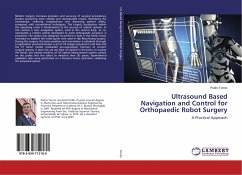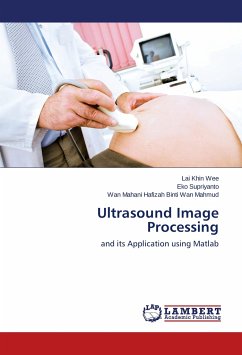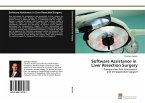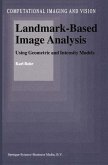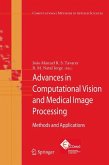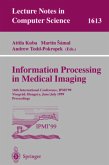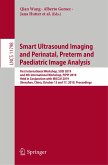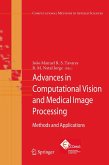Robotic Surgery increases precision and accuracy of surgical procedures, besides producing more reliable and reproducible results, minimizing the invasiveness, reducing complications and improving patient safety, compared with conventional techniques. The target's localization within the operating room is fundamental to the success of robotic systems. In this context a new navigation system, used in the control loop, to co-manipulate a robotic system developed to assist orthopaedic surgeons, is proposed. The system was designed to perform a hole in the femur head, necessary to implant the initial guide wire used in Hip Resurfacing surgery. During the surgery, the bone position and orientation is obtained through a registration process between a set of US images acquired in real time and the CT femur model, preloaded pre-operatively. Contrary to current surgical systems, it does not use any type of implant in the bone, to localize the femur, but passive markers, of an optical measurement system, placed on the probe and the robot to measure their 3D poses. Experimental validation tests were performed on a human's femur phantom, validating the proposed system.
Bitte wählen Sie Ihr Anliegen aus.
Rechnungen
Retourenschein anfordern
Bestellstatus
Storno

